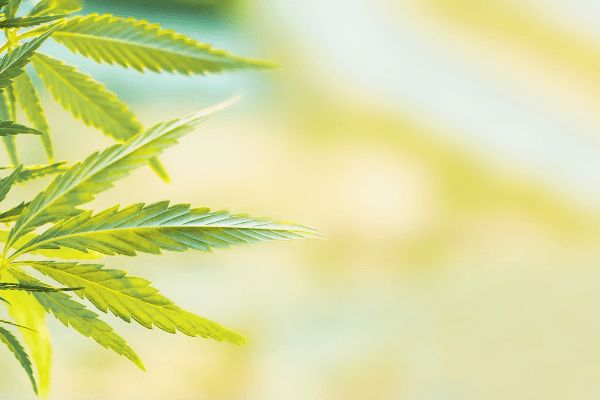When states began legalizing the cultivation of hemp in 2018, many farmers were optimistic. The versatile crop was making waves as the new ‘value-add’ opportunity for traditional row crop farmers.
But producing hemp has been an uphill battle for most.
The issue: Part of the trouble is hemp’s association with its psychoactive cousin – marijuana. By law, hemp has to contain less than 0.3% of THC, the substance that legally kicks it to marijuana status. Plus, hemp has been illegal to grow for the past 80 years. So, it kind of has a bad rap.
But that’s just the beginning. Hemp farming is also complicated by:
- Stringent licensing and testing requirements
- Difficult registration process
- FBI background check
Add in COVID-19, high production costs, and questionable seed suppliers… and the industry isn’t buzzing nearly as much as it was a couple of years ago.
In 2018, it seemed Texas farmers would capitalize on hemp legalization, but it hasn’t caught on quite as expected. The hemp varieties haven’t taken to the climate, and the price is similar to what they can get for cotton – a much more low-key, traditional crop. And crop insurance for hemp is a bit, well, nonexistent.
Meanwhile, in Kansas, the number of hemp licenses issued in 2021 is less than half of the 2020 total.
Unlike its famous cousin, hemp isn’t hitting any highs at the moment.

